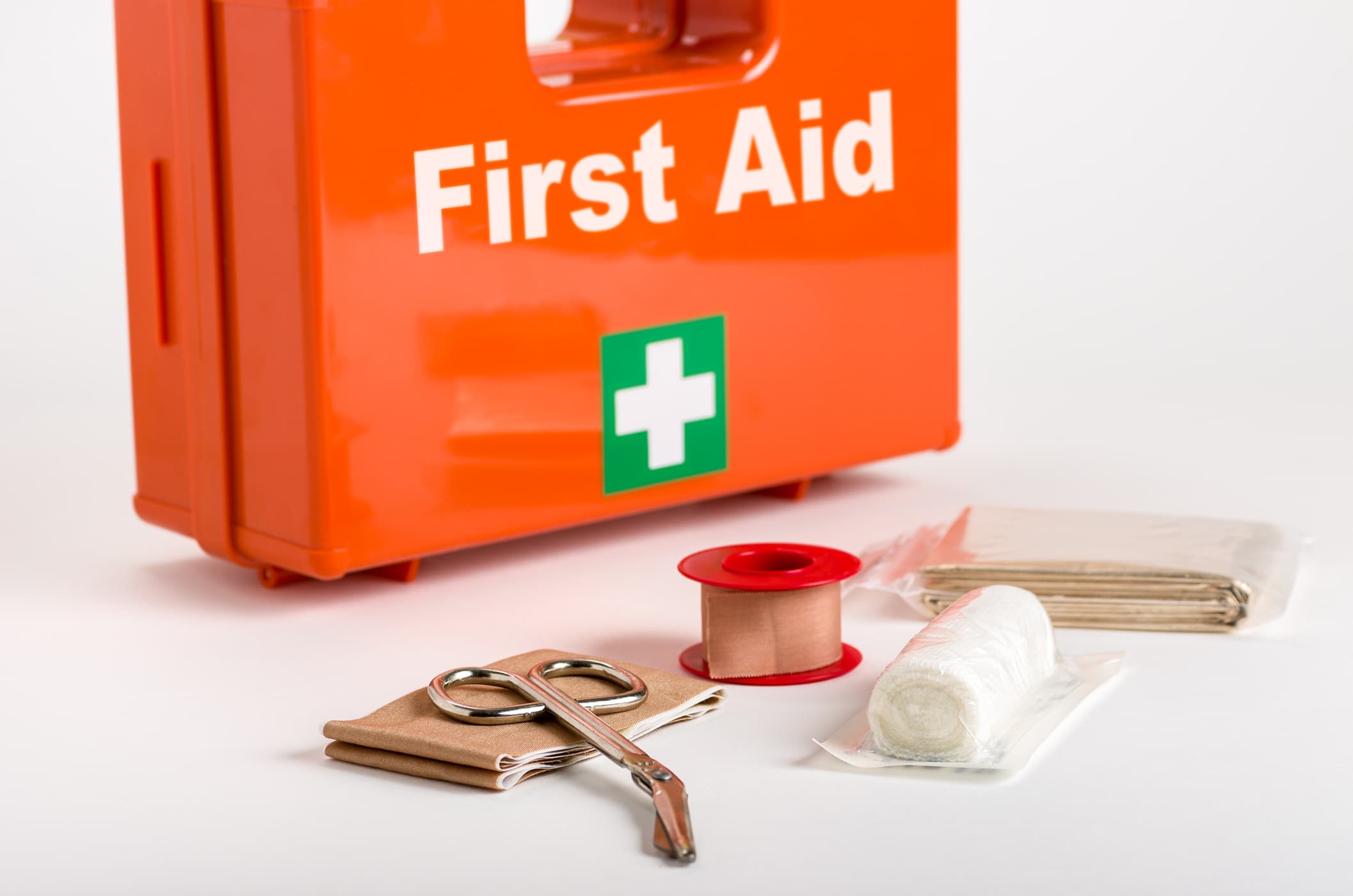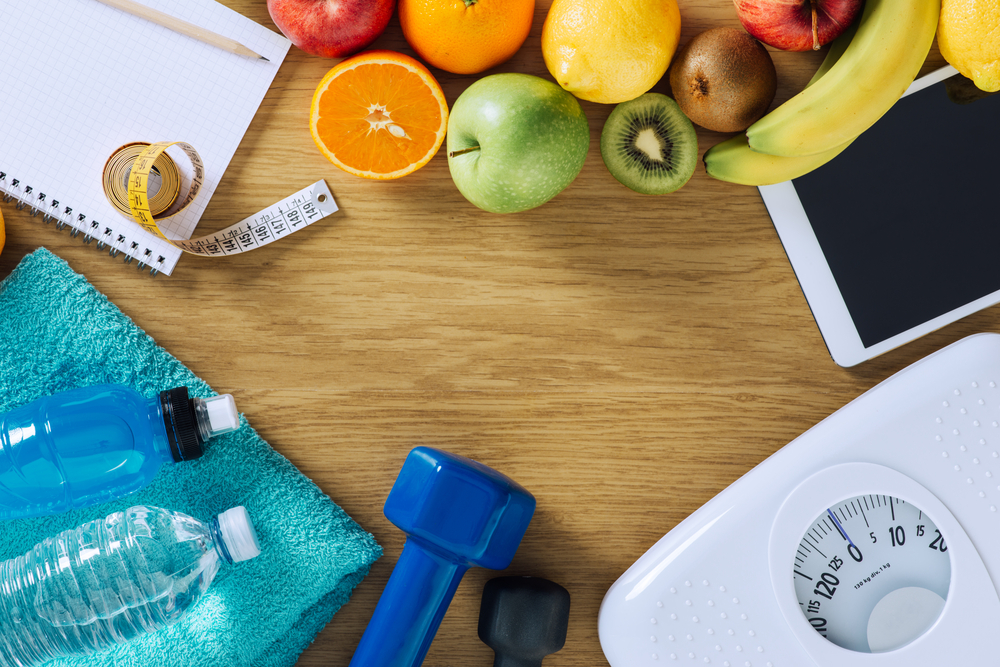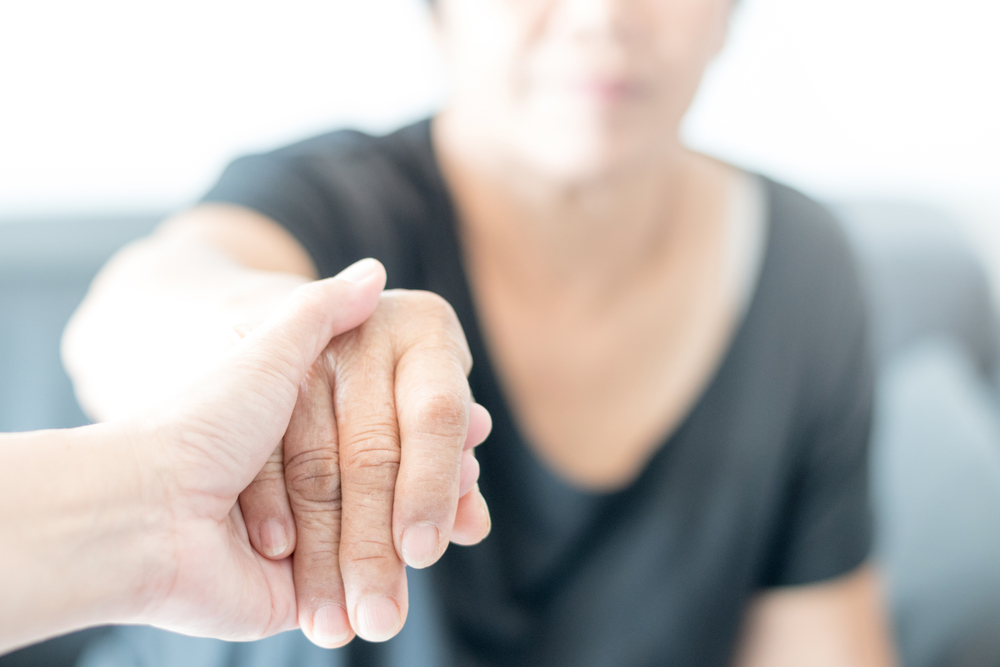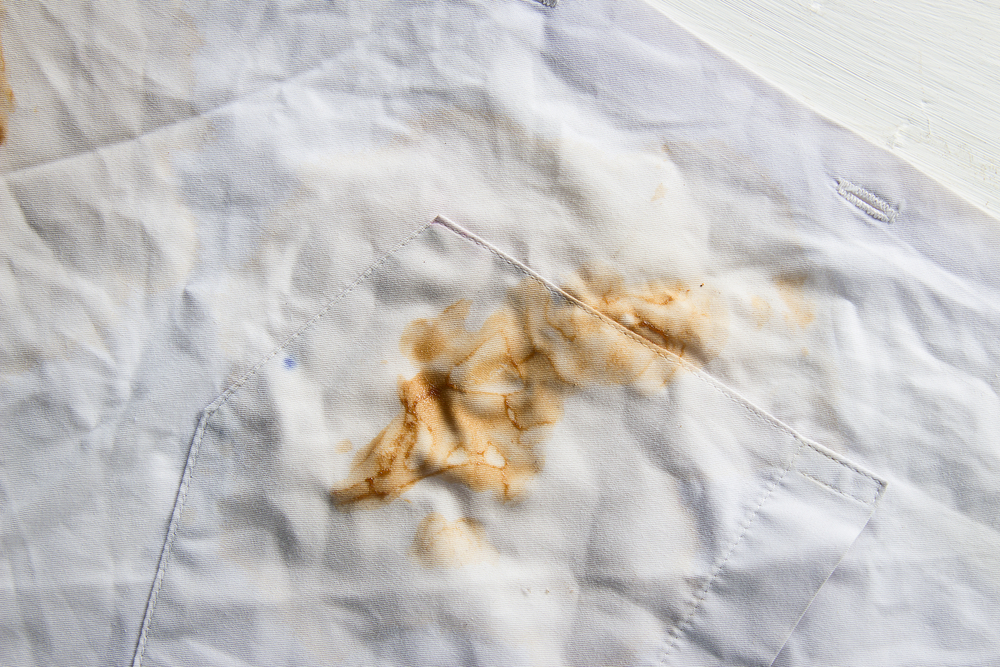Contents:
- Medical Video: How to Give CPR | First Aid Training
- What should be done when exposed to hard water or watering?
- 1. Wash the wound with running water
- 2. Remove clothes and jewelry
- 3. Don't use ice cubes
- 4. Cover the wound with sterile gauze
- 5. Immediately seek medical help
Medical Video: How to Give CPR | First Aid Training
The rise of cases of attacks by people who are showered with hard water makes us always have to be alert at all times. Because, burns due to exposure to chemicals such as hard water can cause severe damage to the structure of skin tissue. Even these burns can affect your internal organs if hard water is swallowed.
Hard water itself is a general term used for strong irritant materials. Hard water can be a high acidic or alkaline liquid that is very irritating so it can damage the skin or other exposed surfaces. That is why it is very important to do the right and proper first aid when there is someone or even you yourself splashed with hard water.
Some examples of hard water that can be found around us are battery water and bleach clothes. Avoid these ingredients to stay safe. If you work using these ingredients, use personal protective equipment such as gloves and rubber boots and aprons.
What should be done when exposed to hard water or watering?
If someone is exposed to the liquid, then there are several steps that can be done as a first aid so that damage can be minimized.
1. Wash the wound with running water
When you are splashed with hard water, things must not panic! As much as possible to stay calm and pay attention to which body parts are affected by hard water. Then immediately wash the area affected by hard water with running water for 10 to 20 minutes before seeking treatment to the hospital, the same thing is done if hard water is exposed to the eyes.
If it is difficult to find running water, you can use bottled mineral water to wash the wound. The goal is to cool the tissue around the skin so that the concentration of fluid sticking to the skin can be reduced. Also make sure if the water that flows is not too heavy and the area that is splashed with hard water does not spread to other parts of the body.
However, it must be noted, there are several types of hard water which should NOT be directly in contact with water, namely, liquid phenol, and metal elements such as sodium, potassium, calcium oxide, magnesium, phosphorus.
2. Remove clothes and jewelry
Remove any objects contaminated with hard water such as clothing, jewelry, or other objects that are being used. The goal is to make it easier to drain water to the area exposed to hard water.
3. Don't use ice cubes
People who are exposed to hard water will generally feel a hot skin sensation like burning. Even so, it is not recommended to use or attach ice cubes to areas that are splashed with hard water. Because the provision of ice will actually make the damage to skin exposed to hard water exposure getting worse. That is why it is very important to avoid using the ingredients of the wound getting worse, one of which uses antibiotic ointment, cream, or oily substances such as butter to the area that has burns.
4. Cover the wound with sterile gauze
Wrap the area exposed to hard water with sterile gauze or clean cloth loosely - not tightly closed. The point is to minimize wounds contaminated with other substances that cause injuries to get worse when traveling to the hospital.
5. Immediately seek medical help
Depending on the type of liquid chemical ingredients, but when the skin is exposed to hard water it will often make damage to the skin which causes permanent scars.
You should go to the hospital immediately if:
- Burns greater than 5 centimeters
- Burns are in the area of the face, hands, feet, groin, or buttocks
- Burns occur over vital joints, such as your knee
- Pain can not be controlled with painkillers
- Victims have signs and symptoms of shock such as shortness of breath, dizziness, low blood pressure, even fainting
That is why, after allowing the first aid step, immediately bring the victim to the hospital to get further medical help.












